Good sleep and sufficient hydration are, from my perspective, the key foundations for health and well-being on all levels - mind, body, and emotions.
I find it fascinating that water and the fluid body have an intricate relationship with sleep and sleep cycles.
Dehydration may create barriers to sleep, and insufficient sleep may increase the chances of being dehydrated. At the same time, too much fluid intake can cause excess urination that may lead to sleep interruptions.
Finding the right balance of fluid intake can improve overall health and may contribute to better sleep without numerous trips to the bathroom or waking up feeling dehydrated.
Most water loss happens through urination, but the body also loses fluid through the skin and from respiration, which is known as insensible water loss . Over a full day, about 300-400 milliliters of water are lost from breathing. A large component of that loss happens during sleep, although the amount can depend on whether a person breathes primarily through their mouth or nose. Mouth tape is used by many folks to help with snoring, mouth breathing and water loss.
During sleep, there is no fluid intake to make up for insensible water loss, which is why it is believed that the body’s internal clock kicks in to manage a balanced level of hydration. In the latter part of sleep, circadian signals cause the body to produce a hormone called vasopressin that promotes water retention.
If sleep is interrupted or cut short, though, this natural process may be disrupted, interfering with the hormonal signals for water retention. As a result, poor sleep or sleep deprivation, may directly contribute to dehydration. And dehydrations leads to a myriad of health concerns.
Focus On Good Sleep
Read my previous article on sleep hygiene. Getting a sufficient amount of high-quality sleep is an important part of preventing dehydration. The body goes through multiple processes that enable recovery for overall health. By sleeping the recommended amount, you allow these processes to unfold and let your circadian rhythm better manage your body’s fluid levels.
Sleeping well often starts by making sleep a priority. Gone are the days where less sleep meant you were more productive. Now sleep should be one of your highest priorities for hte day. A common principle of sleep hygiene is having a consistent sleep schedule that provides enough time for you to get the sleep that you need. Limiting late-night use of electronic devices, developing a relaxing bedtime routine, and using a comfortable mattress are other examples of positive sleep hygiene that can help you rest well.
Maintain Hydration Through the Day
Modern life is inherently dehydrating. Lack of movement, screentime, stress, sleep deprivation, medications, alcohol, and processed foods all dehydrate us. So we all need more fluid. If you feel you already drink a lot of water (at least 2 liters per day), then try focussing on hydrating foods and drinking Juicy Water (see below).
As the video shows, when we tend to a relationship with an element, with another person, with nature, with our food, we increase our ability to be nourished by that relationship. Gratitude is one way to increase your relationship with water, amplifying the hydrating quality of this element.
Sipping fluids regularly, including by setting a schedule reminder if you have a hard time remembering to drink water.
Using a water bottle to have a drink easily accessible and to track how much water you’ve consumed. I have a little cup of stones and I take one out everytime I drink a glass of water.
Take note that alcohol, pharmaceuticals, processed foods and caffeine are dehydrating, so you will need extra hydration if these are a part of your day.
Eating a balanced diet with plenty of fruits and vegetables, which have higher moisture content and can increase your water intake from food.
Drink one har of Juicy Water recipe below for maximum fluid absorption:








